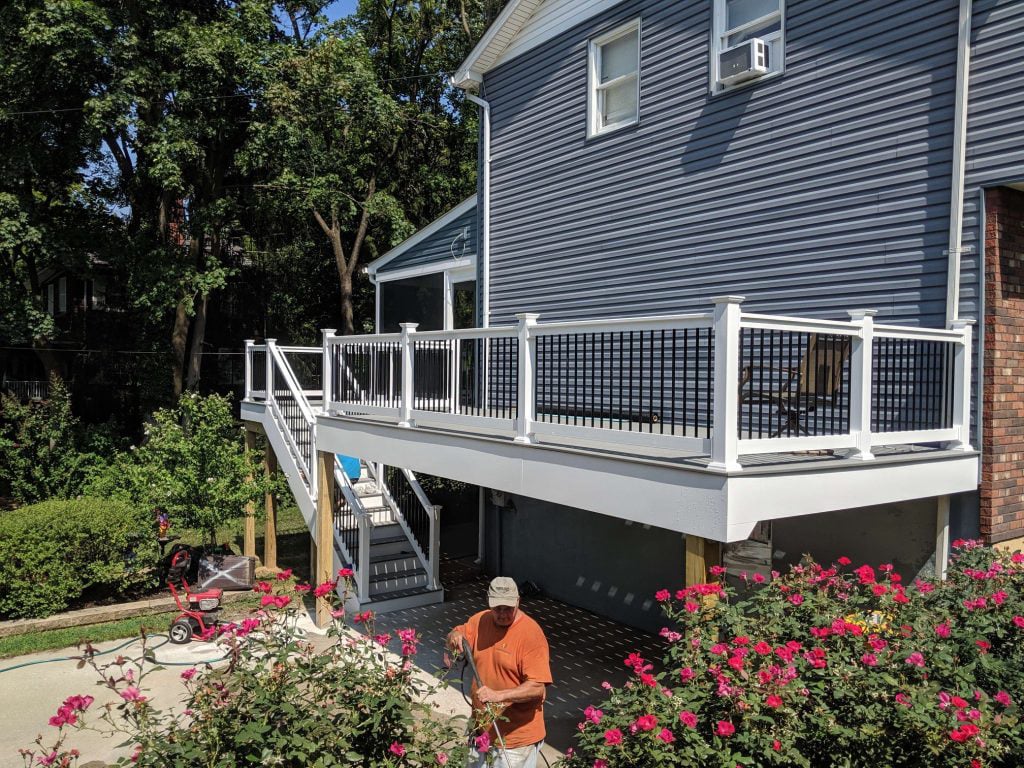Understanding the Importance of Commercial Roofing
A commercial roof serves multiple purposes beyond
sheltering the building's interior from the elements. It also plays a crucial role in energy efficiency, insulation, and structural integrity. Additionally, the type of roofing material chosen can impact the building's aesthetics, sustainability, and long-term maintenance requirements.
Types of Roofing Materials
Flat Roofing Systems
Flat roofs are a common choice for commercial buildings due to their cost-effectiveness and ease of installation. Common materials used for flat roofing include built-up roofing (BUR), modified bitumen, and single-ply membranes such as EPDM, TPO, and PVC. Each material offers unique benefits in terms of durability, weather resistance, and maintenance requirements.
Pitched Roofing Systems
Pitched roofs, although less common in commercial construction, can still be found in certain building designs. Materials commonly used for pitched commercial roofs include asphalt shingles, metal roofing, and tile roofing. Each material offers distinct advantages in terms of aesthetics, longevity, and weather resistance.
Important Considerations in Roof Installation
Building Codes and Regulations
Before installing a new roof on a commercial building, it's essential to familiarize yourself with local building codes and regulations. These regulations may dictate the types of roofing materials allowed, as well as requirements for insulation, fire resistance, and structural integrity.
Weather Conditions
Consideration of local weather conditions is crucial when selecting roofing materials and designing the roof system. Factors such as temperature extremes, precipitation, wind, and UV exposure can all impact the performance and longevity of the roof. Choosing materials with adequate weather resistance and durability is essential for long-term roof performance.
Energy Efficiency
Energy efficiency is increasingly important in commercial building design, and the roof plays a significant role in thermal performance. Reflective roofing materials, such as white membranes or coated metal roofs, can help reduce heat absorption and lower cooling costs. Additionally, proper insulation and ventilation can further improve energy efficiency and indoor comfort.
Maintenance and Long-Term Care
Regular maintenance is key to prolonging the lifespan of a commercial roof and preventing costly repairs. Inspections should be conducted periodically to check for signs of damage, such as leaks, cracks, or loose seams. Additionally, debris should be cleared from the roof surface, and any necessary repairs should be addressed promptly to prevent further damage.
